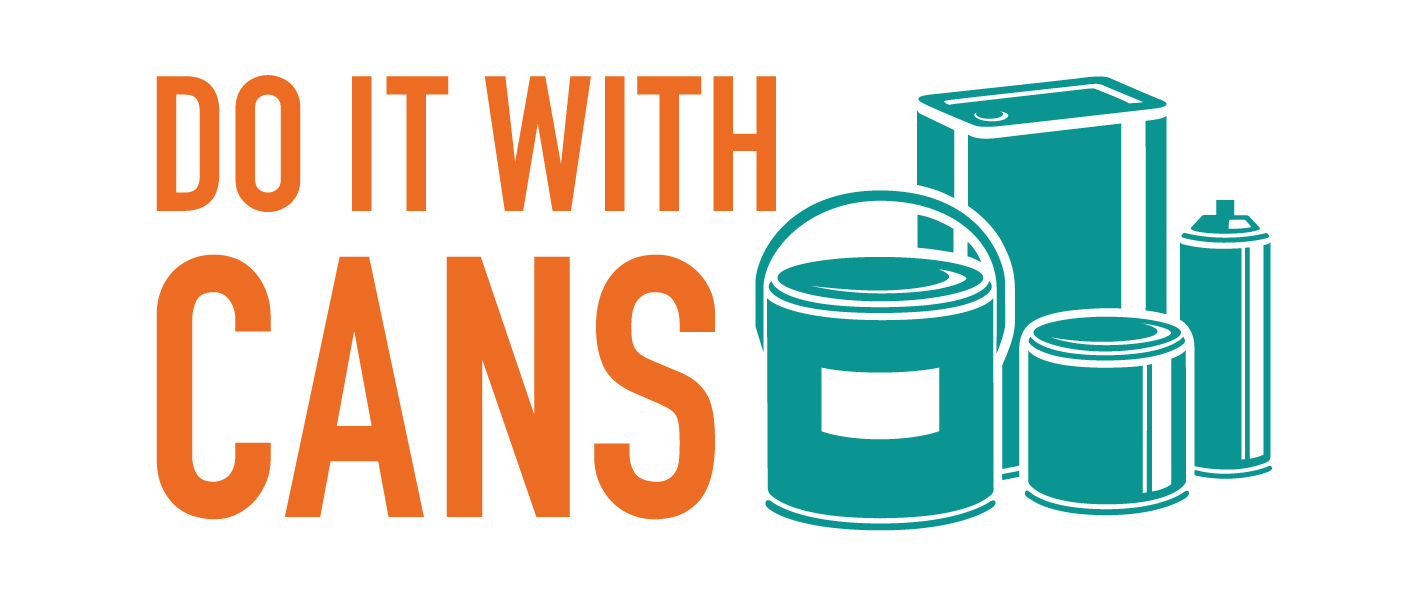By Sam of Dove Cottage
When you’re stuck with old tiles in your kitchen or bathroom – or even tiles that are not to your taste – it can seem like there’s nothing much you can do to improve the look of them, without replacing them entirely. They can often feel overpowering in a small space, and can have a huge impact on the look of the whole room. However, there is a simple DIY project you can take on to change this – and on a tight budget too! Paint them! It is a straight-forward way of giving the tiles a brand-new look, and in turn, transforming the whole space.
The magic of a lick of paint
I’ve painted tiles in both my kitchen and WC now, and would really recommend this project if you’re looking for a quick and easy way of revamping your home on a budget. A perfect way of changing the look, and even a renter-friendly option too (as long as you have your landlord’s permission first!)
To do this DIY, I’ve used Dulux Tile Paint. This is a really nice quality paint, and goes on like a dream – even on my vintage textured tiles!

You will need:
Dulux tile paint – I’ve used ‘Brilliant White’ but there are a number of different shades to complement your space and design scheme
Mini roller
Small paintbrush
Damp cloth
Dust sheets to protect surfaces
Sugar soap and cloth
Masking tape
Sand paper in a fine grit
For this project
…I’m updating the tiles in my downstairs WC. I gave this space a refresh a couple of years ago, with wall panelling, a lick of paint and some new accessories. At the time, I painted the tiles with an alternative tile paint, however was never happy with how they turned out – they had a yellow tone to them, and the coverage wasn’t great. As a result, I always felt the tiles stood out within this new look space, so am really looking forward to giving them a refresh and finally finishing off this space.


My dated tiles as they were before – they’re very old-fashioned, over twenty years old, and complete with textured decorative boarders. I’m sure you’ll agree – crying out for an update! I’ve chosen ‘Brilliant White’ this time to ensure the tiles blend in with the wall more effectively, and don’t stand out as much.
How to paint the tiles
Step 1
Preparation is key with this DIY. In a kitchen particularly, tiles can become quite greasy over time, which will mean the paint won’t adhere to the surface properly. Because of this you’ll need to start with cleaning them thoroughly. Use sugar soap and a cloth to do this, scrubbing your tiles well to ensure they are completely clean. Don’t be tempted to skip this step as it will make all the difference!
Step 2
Once clean and dry, lightly sand your tiles using sand paper. This will make sure your paint has something to stick to. Following this, it’s a good idea to give your tiles another wipe to get rid of any excess dust.
Step 3
Mask around your tiles using a good quality masking tape – stick along the tops and sides of tiles, as well as along your worktop or sink. Tile paint can be thick and sticky, so you don’t want it transferring anywhere else.
For the same reason protecting your surfaces, such as worktops in a kitchen, or taps/bath tub in a bathroom, is another important step before you get started. Cover them fully with dust sheets to avoid accidental drips!

Step 4
You’re now ready to start painting! It’s best to use a mini foam roller here, as this will ensure an even coverage, and prevent any brush strokes or drip marks. Apply as consistently as you can, and try to avoid overloading your roller with too much paint, as this may result in uneven coverage. You might also need to use a small paintbrush to make sure the paint covers any hard-to-reach areas, particularly if, like me, your tiles are textured. Take your time when applying the paint, as you don’t want to miss any bits.


Step 5
Once all tiles have had one coat, leave to dry for at least four hours. You can then repeat to give your tiles another coat if needed. If your original tiles are a particularly dark shade, you may need to apply a third too, although mine were perfect after just two.
Step 6
Make sure to remove the masking tape while the tiles are still wet, to prevent the paint chipping, and avoid water getting on the tiles for 24 hours after you’ve finished.
And you’re all done! It’s as easy as that, and you’ve got yourself a newly revamped kitchen or bathroom.



Tips:
- Make sure you’re working in a ventilated space as the paint can have a strong smell. In my kitchen I worked with the windows wide open, and even my extractor fan on too! You might consider wearing a mask if your room is smaller.
- The tiles are wipeable, so should any grime get on them, just wipe with a damp cloth.
- If you do accidentally get paint on your surfaces, simply use a damp cloth to wipe it away before it dries.






